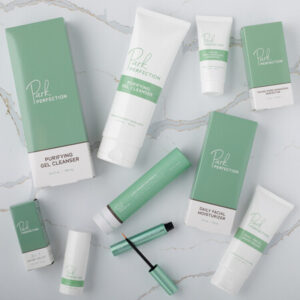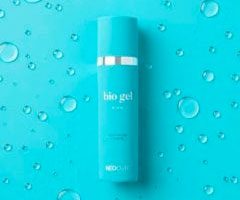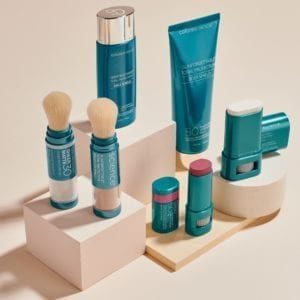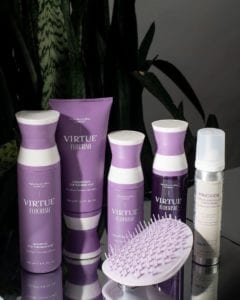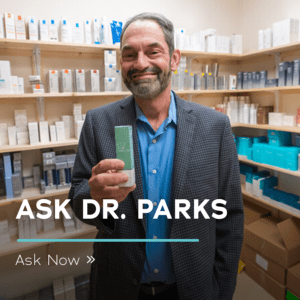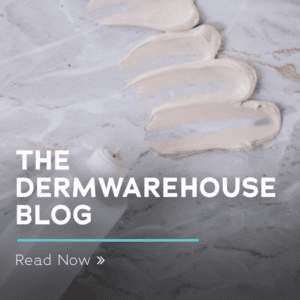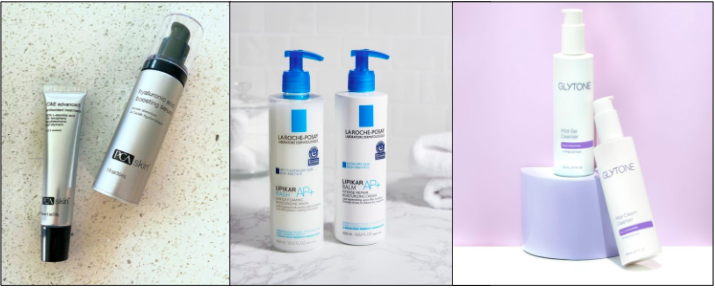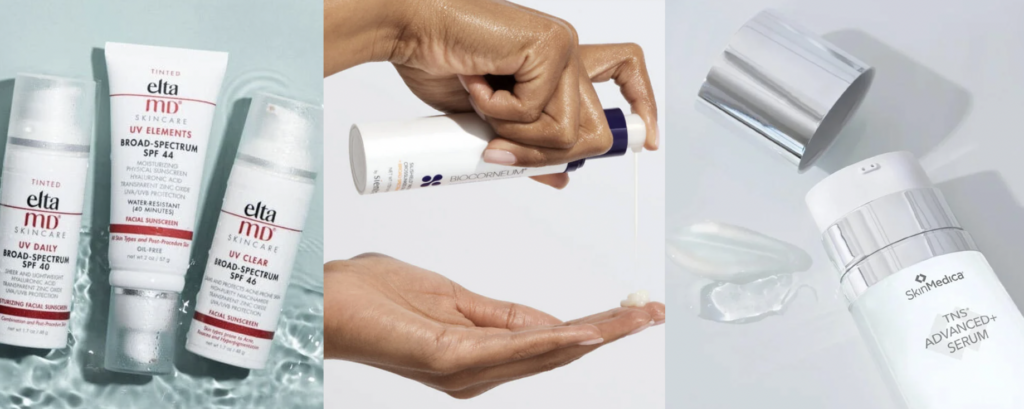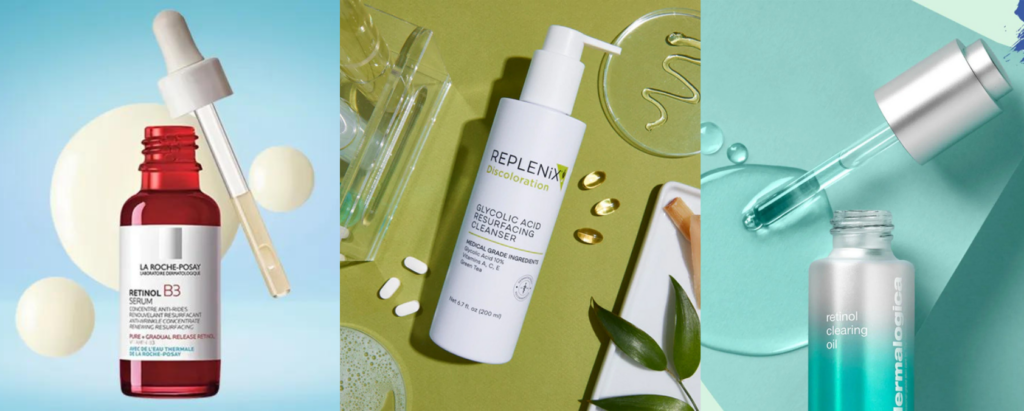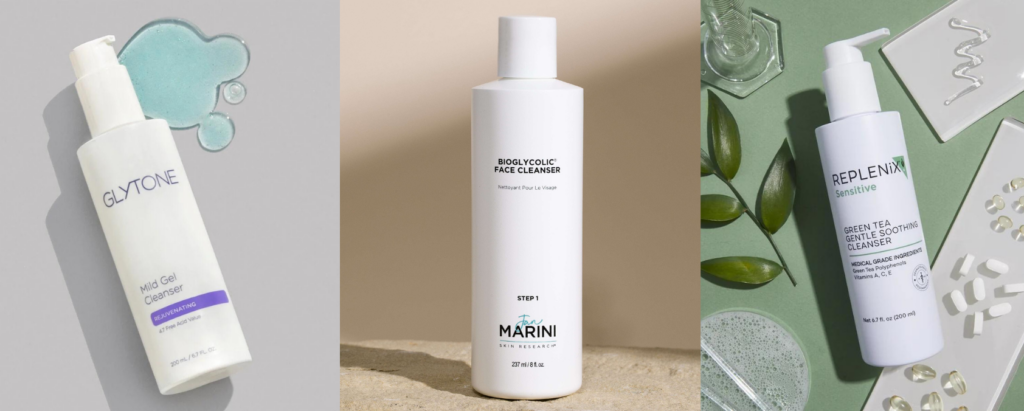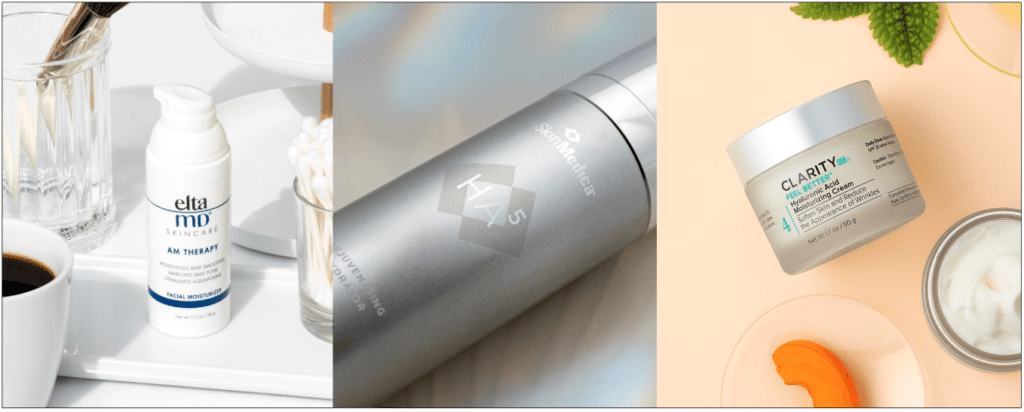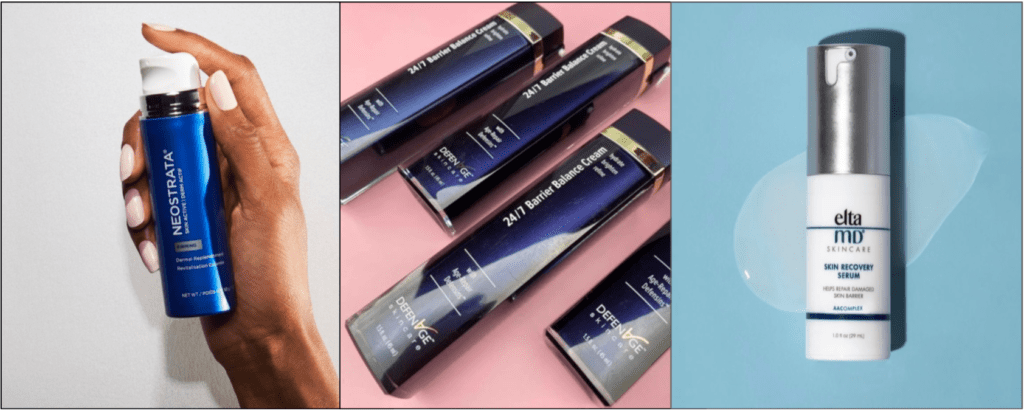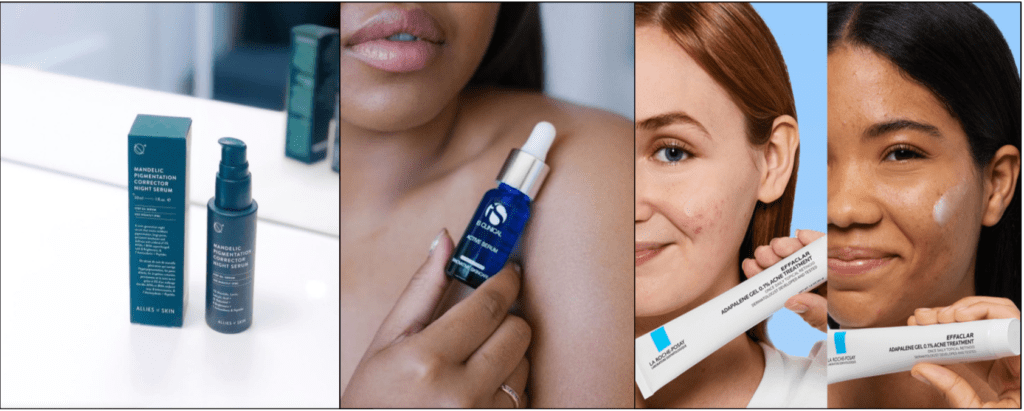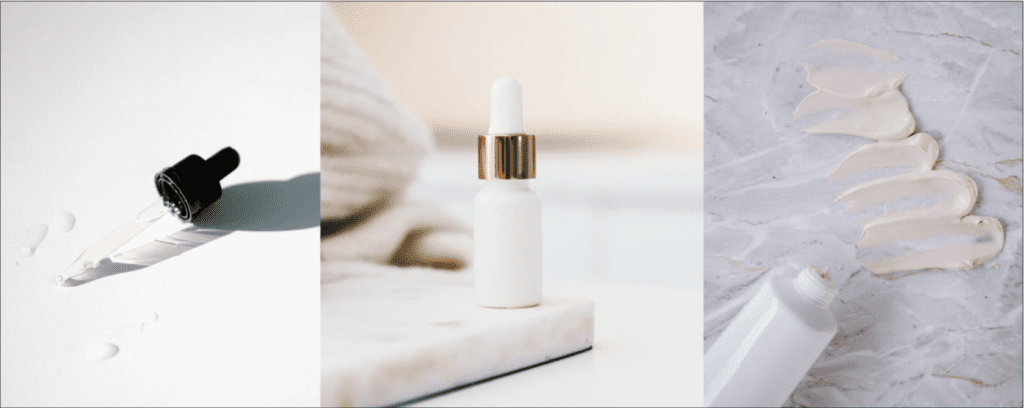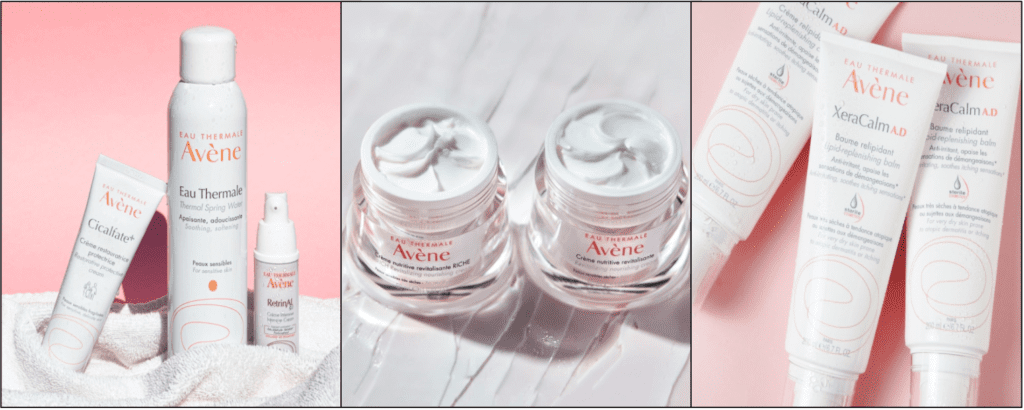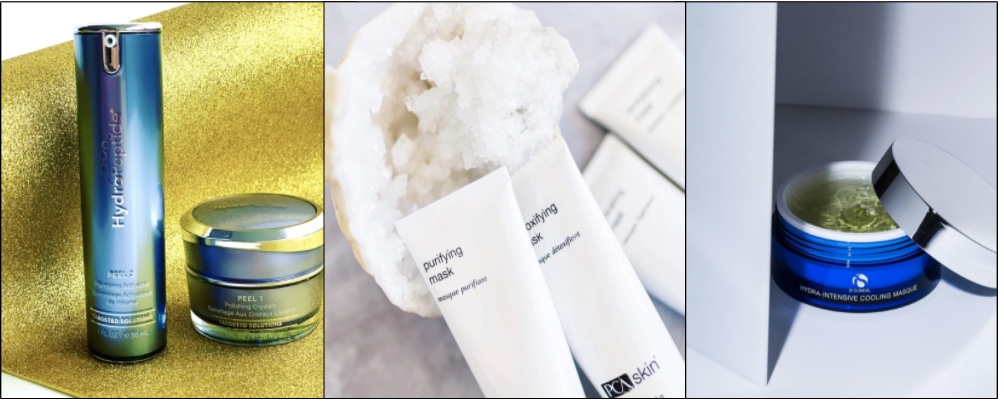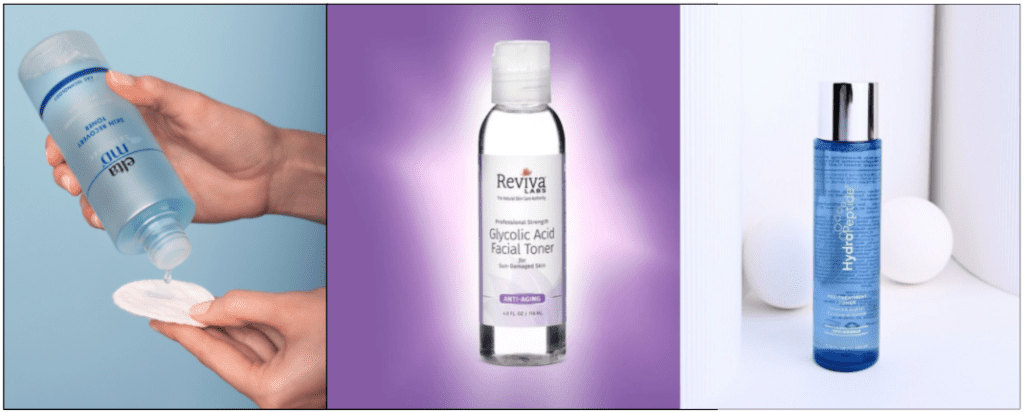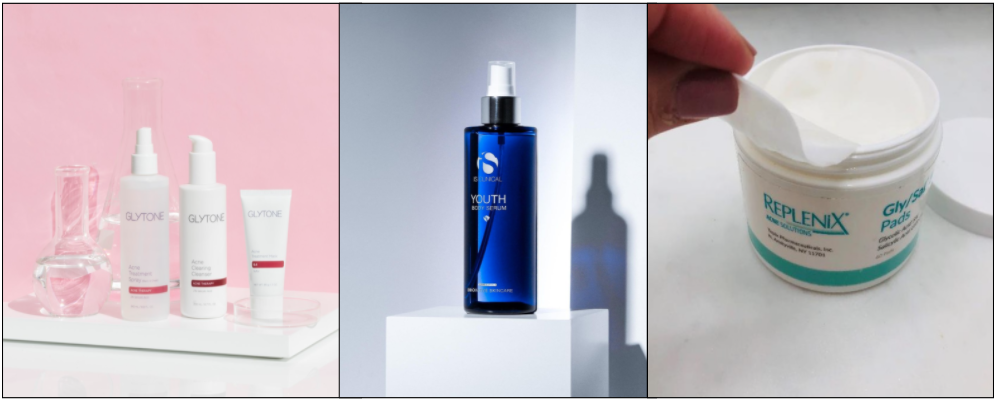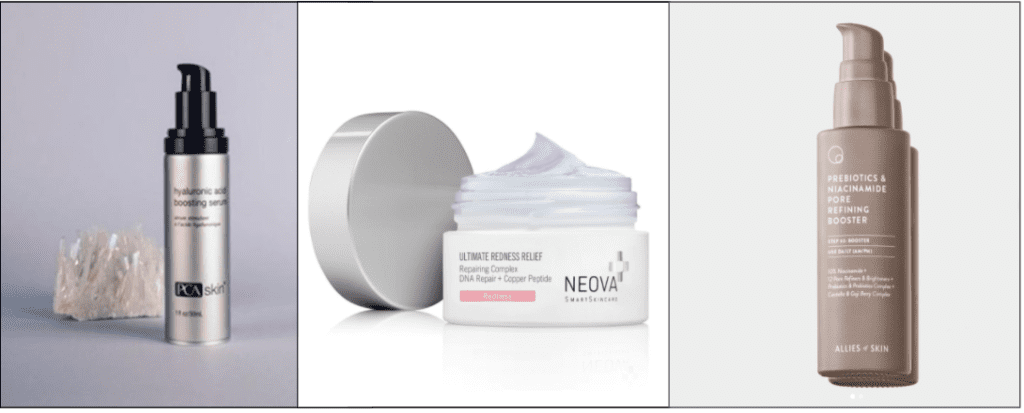As we approach cooler weather, you might start to feel like your skin requires extra hydration in your skincare routine, or that your skin is feeling itchy or flaking. These are usually symptoms of dry skin. While some only face this dryness on rare occasions, others deal with the consequences of having dry skin every day. While you can’t wake up one morning and change your skin type, there are things you can do in your daily life to help soothe the dryness.
How do I know if I have dry skin?
Does your skin feel tight, itchy or just generally dry when you wake up in the morning, or after you shower? Do you find that your skin tends to flake off in different areas, or even crack? These signs often point to dry skin. You will probably also notice that the outward appearance of your skin looks dull, likely due to dead skin cells covering the surface of your skin.
What causes dry skin?
It can be hard to determine why your skin is the way it is. There are a multitude of factors that can lead to dry skin. It seems obvious- the cause of dry skin is lack of hydration within the skin. However, dry skin at its core stems from a damaged moisture barrier in the skin. According to Harvard Health, the skin’s top layer is usually thick and covered in naturally-occurring fats and oils that work to help the skin retain moisture and keep harmful irritants out, acting as the barrier of the skin. One of the most common causes of dry skin is aging. As we age, our skin tends to become thinner and lose some of those before mentioned natural oils and fats that help to keep the skin hydrated. Dry skin can also be caused by a condition known as eczema. With eczema, you’ll notice your skin in chronically dry, cracked, itchy and irritated. It often appears in patches on the skin and can be uncomfortable. Psoriasis is another condition that causes dry skin, but it’s different than eczema in that it causes raised patches on the skin and isn’t nearly as itchy. Having sensitive skin that reacts poorly to different ingredients or fragrances can also cause dry skin, as these ingredients may cause the skin to react with hives or dry out. You might also notice some dryness if you’re using skin-drying products for acne, or layering up on the chemical exfoliants and retinol.
So, what can you do if you have dry skin?
There may be dozens of different causes for your dry skin, but at the end of the day, you’ll probably want a treatment that helps to re-hydrate it and keep it moisturized. Keep reading to see what ingredients you should be looking for to help with your dry skin.
Hyaluronic Acid: Don’t let the word “acid” fool you- hyaluronic acid is one of the most effective ingredients in treating dry skin. It’s known as a humectant, meaning that it draws moisture in and can hold 1000 times its weight in water. It draws water to the skin, keeping it smooth and hydrated. Beware, however- you shouldn’t apply hyaluronic acid to already-dry skin. For it to work its magic, you’ll want to apply it when your skin is slightly damp, allowing it to work to pull in the excess moisture to the skin. You’ll often find hyaluronic acid in a serum, like the PCA Skin Hyaluronic Acid Boosting Serum. This serum uses hyaluronic acid to improve both surface and deeper layer hydration within the skin and stimulates the skin’s own production of hyaluronic acid. You can also find hyaluronic acid in a moisturizer, like the ClarityRx Feel Better. This hydrating cream has hyaluronic acid and squalane to deliver quick hydration, resulting in healthier and softer skin.
Glycerin: Glycerin is also a humectant, similar to hyaluronic acid, meaning that it pulls in moisture from its environment. It works to keep your skin hydrated and soft, and also protects it from environmental toxins that could cause irritation to the skin. It also is known to be helpful as a barrier to the skin, working to heal wounds and prevent further damage. If you’re looking for intense moisture, the La Roche Posay Lipikar Baume AP+ has glycerin, dimethicone, niacinamide and shea butter to help restore the skin’s moisture levels and is safe for even the most sensitive of skin. The Jan Marini Transformation Face Cream is another great option, with glycerin, hyaluronic acid, Aloe Vera, antioxidants and more to repair damaged cells and create healthier, more hydrated skin.
Ceramides: Ceramides are lipids (molecules in cells) that help to form the barrier of the skin and work to retain moisture. When the skin is lacking in ceramides, the barrier is vulnerable, and the skin may be especially dry, itchy and cracked. Ceramides are naturally occurring in the skin, but they may be depleted with the use of extra hot water, certain soaps and other environmental factors. By replenishing the ceramides in your skin through skincare, it helps to keep your skin hydrated and supple. The SkinMedica TNS Ceramide Treatment Cream has all the goodness of SkinMedica’s patented TNS with ceramides to restore the skin barrier and help it perform at its best to keep the skin balanced and hydrated. Another great option is the EltaMD Barrier Renewal Complex. With ceramides, squalane and biotin, it works to moisturize the top layer of the skin and reveal smooth and supple skin.
Dimethicone: Dimethicone is an emollient (a type of moisturizer) that seals the spaces between dead skin cells on the top layer of the skin, helping to improve the softness of the skin. It creates a water-resistant seal on the skin, locking in moisture and protecting the skin from external irritants. After using a product with dimethicone, you’ll notice your skin feeling softer and silkier, in addition to being more hydrated. The Obagi Hydrate Facial Moisturizer contains dimethicone, as well as glycerin and shea butter, to enhance the smoothness of the skin and provide 8-hours of hydration. For someone with sensitive skin, the Avene Skin Recovery Cream is formulated with dimethicone, glycerin and thermal spring water to hydrate and soothe the skin without causing further irritation.
Glycolic Acid: You may be thinking, “why would I use a chemical exfoliant on my already dry skin?” The answer is that by using a chemical exfoliant, especially a gentle one like glycolic acid, the dead skin cells sitting on your skin will be sloughed away, leading to more vibrant and smooth skin. This also allows for better penetration of other ingredients, making it easier to get hydration deep into your skin where it’s needed. For mild hydration, try the Glytone Mild Cream Cleanser with free glycolic acid, along with a blend of moisturizers and conditioners to rid the skin of dead skin cells without over-drying the skin.
At the end of the day, dry skin is a thing that happens to most of us at some point. Whether it’s the season or genetics, it’s important to keep your skin hydrated and protect the moisture barrier of your skin to keep your skin at its healthiest.

